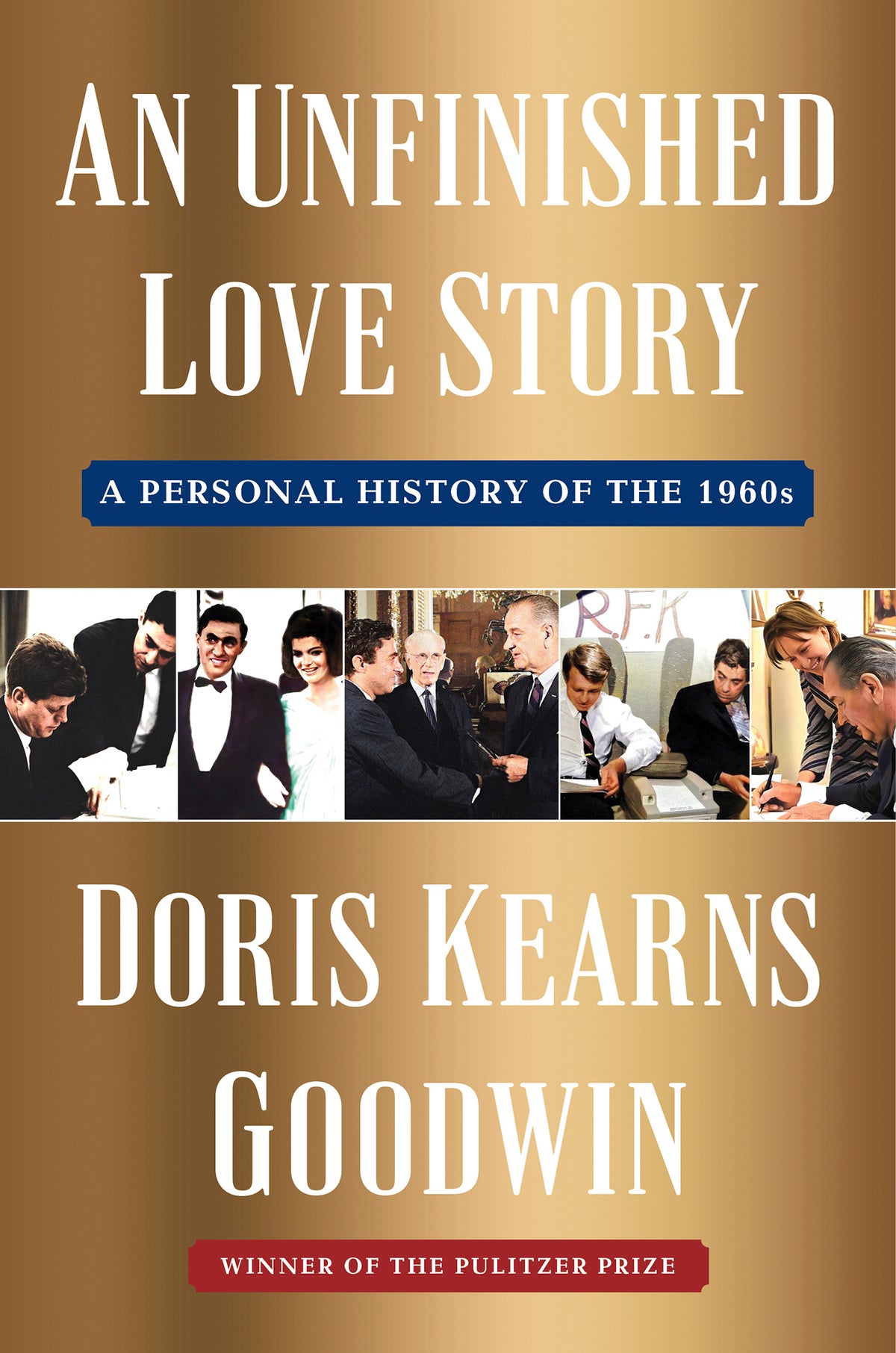
Doris Kearns Goodwin's next book is a work of history that's also close to home.
The Pulitzer Prize winner's "An Unfinished Love Story: A Personal History of the 1960s” is a reflection on her final years with her longtime husband, Richard Goodwin, the former White House speechwriter who died in 2018, and on the singular era they lived through.
Simon & Schuster announced Wednesday that the book will be released April 16. The publisher is calling it a combination of memoir, history and biography; Goodwin was inspired in part by the couple's looking through hundreds of boxes of letters, diaries and other papers.
Richard Goodwin was a key aide to President John F. Kennedy and Lyndon B. Johnson who helped coin the phrase “The Great Society.” Doris Kearns was a White House Fellow who later helped Johnson work on his memoir, “The Vantage Point.”
She went on to win the Pulitzer Prize for “No Ordinary Time: Franklin & Eleanor Roosevelt: The Home Front in World War II” and write the bestselling “Team of Rivals: The Political Genius of Abraham Lincoln,” among other books.
“America has been at odds with itself before. I’ve been drawn to such turbulent times -- the Civil War, the Industrial Revolution, World War II," Goodwin said in a statement. "This is the story of one of those times, of my husband and myself, and our generation shaped by the cataclysms of the 1960s. We see what historic opportunities were seized, what chances were lost, what light those years cast upon our own fractured time. ‘The end of our country has loomed many times before,’ my husband often reminded me, ‘America is not as fragile as it seems.’”
Simon & Schuster's statement reads in part: “Over the years, with humor, anger, frustration, and in the end, growing understanding, Dick and Doris had argued, questioned, and debated the achievements and the failings of the leaders they served and observed, debating the progress and unfinished promises of the country they both loved.”
In reviewing their old papers, “They soon realized they had before them an unparalleled personal time capsule of the '60s, illuminating public and private moments of a decade when individuals were powered by the conviction they could make a difference."







